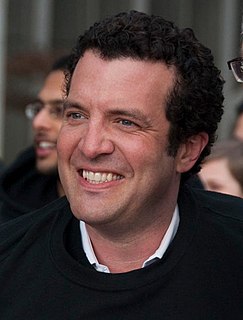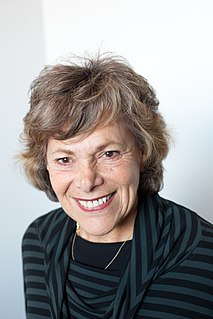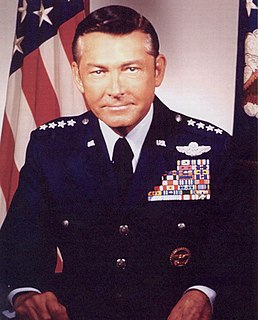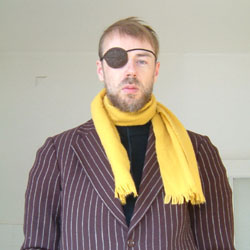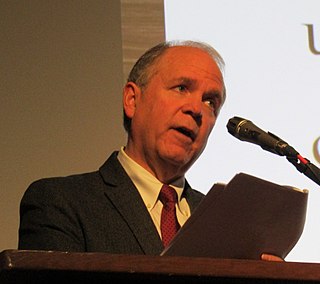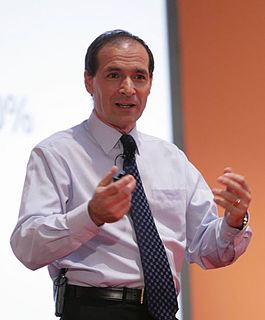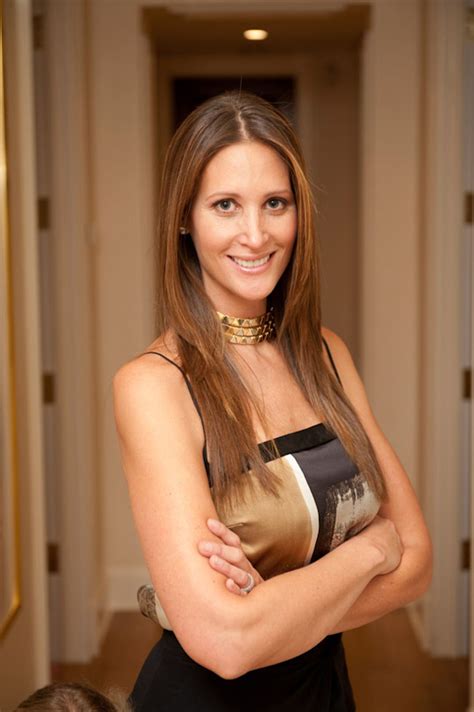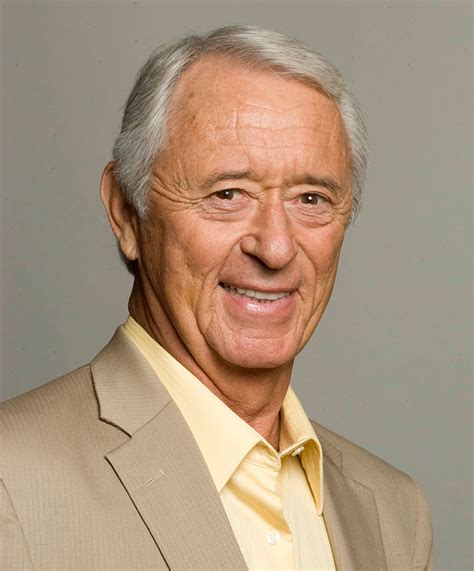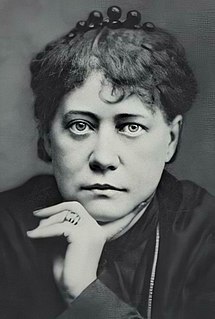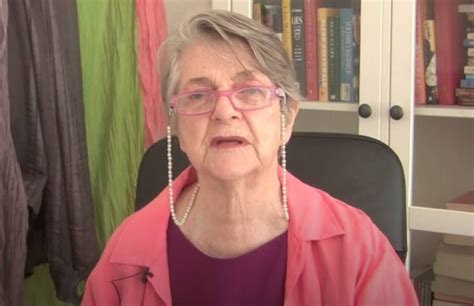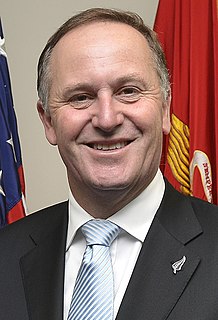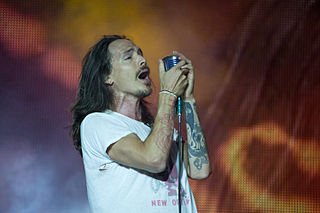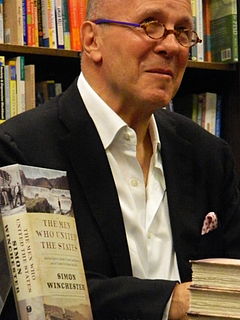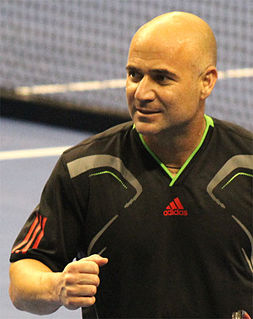Top 1200 Random Events Quotes & Sayings - Page 2
Explore popular Random Events quotes.
Last updated on December 23, 2024.
It is so important to remember that, as we travel through life, there will be so many events which we can`t control. These are things that seemingly alter our lives forever or become barriers for living a life of fulfillment. It`s important to remember that the ultimate experience of life is not to be controlled by events. We all have difficult events in our lives - the loss of family members, economics, stress, litigation, government interference in our businesses, health challenges. Remember that it is not the events that shape our lives, but, rather, the meaning we attach to them.
News has a way of distancing us from events, even as it informs us about them. News articles almost always present both the event and the responses at the same time - how is President Barack Obama or Congress responding to the events? I think this reflects a deep need we have to feel that things are under control and that events are subject to our influence.
Many people believe that decentralization means loss of control. That's simply not true. You can improve control if you look at control as the control of events and not people. Then, the more people you have controlling events - the more people you have that care about controlling the events, the more people you have proactively working to create favorable events - the more control you have within the organization, by definition.
If you look at the steps being taken towards Scottish independence, they're being dealt with politically in very dull and boring ways. So if you just feverishly speculate numbered but random Scotlands - because in the book, it's a random sequence of possibilities - you can imagine many ways in which different things might happen.
Rousseau had it backwards. We are NOT born free. We are born in the chains of the random and the reflexive, and are ignorant and unreasonable by simple nature. We must learn to be free, to organize the random and detect the reflexive, to acquire the knowledge of particulars and the powers of reason. The examined life is impossible if we cannot examine, order, classify, define, distinguish, always in minute particulars.
Sickness is real. However, I've seen too many people suffering with sicknesses not of their own choosing to say glibly that all sickness is caused by sin. On the other hand, to believe that sin does not exist and that all of our trials and tribulations have naturalistic explanations or are simply random events may cause us to miss the very solution we seek. Elder Jeffrey R. Holland observed that "too many people . . . want to sin and call it psychology."
The purely random sample is the only kind that can be examined with confidence by means of statistical theory, but there is one things wrong with it. It is so difficult and expensive to obtain for many uses that sheer cost eliminates it. A more economical substitute, which is almost universally used in such fields as opinion polling and market research, is called stratified random sampling.
I've worked with all sorts of random people - everybody from Metallica to Britney Spears to Ozzy Osbourne to Michael Jackson to the Beastie Boys. I've got a really strange CV. It's interesting - I work with a lot of these disparate, different people to learn what it's like to work with random people.
Spend your free time the way you like, not the way you think you're supposed to. Stay home on New Year's Eve if that's what makes you happy. Skip the committee meeting. Cross the street to avoid making aimless chitchat with random acquaintances. Read. Cook. Run. Write a story. Make a deal with yourself that you'll attend a set number of social events in exchange for not feeling guilty when you beg off.
Not only is the Universe aware of us, but it also communicates with us. We, in turn, are constantly in communication with the Universe through our words, thoughts, and actions. The Universe responds with events. Events are the language of the Universe. The most obvious of those events are what we call coincidence.
We always seem to be surprised by events, especially by catastrophes, but also by wonderful events. Look at 1990, the year that the Soviet Union collapsed and apartheid in South Africa collapsed and the Berlin Wall came down. I don't know anyone who foresaw those events. It seems to me that as a species we are constantly trying to adapt ourselves to the unexpected. In the meantime, we talk as if we are in control, and we're not. This seems to me to be the truth about the twentieth century.
I began in 1976, with small abstract paintings that allowed me to do what I had never let myself do: put something down at random. And then, of course, I realized that it never can be random. It was all a way of opening a door for me. If I don't know what's coming - that is, if I have no hard-and-fast image, as I have with a photographic original - then arbitrary choice and chance play an important part.
What I "discovered" was that happiness is not something that happens. It is not the result of good fortune or random chance. It is not something that money can buy or power command. It does not depend on outside events, but, rather, on how we interpret them. Happiness, in fact, is a condition that must be prepared for, cultivated, and defended privately by each person. People who learn to control inner experience will be able to determine the quality of their lives, which is as close as any of us can come to being happy.
The qualifying system helps the top guys like Sergio Garcia, who play most of their golf in the U.S. They can rely on the world rankings and just play their four extra events [with the four majors and three World Golf Championship events counting as seven European events]. But for the other guys it's tough, and I don't know if that can be changed. It is a tricky situation.
I usually have Kafka biography in my bathroom. It's a book I can open at random and feel interested in immediately. It's really funny. With this book, since I'm opening it at random and immediately interested, I don't feel the need to read more than I want to read, in that there's not, like, a plot that leads me along. So I can stop whenever.
Those of us who obsess over every word and action are constantly recalling past events, but that doesn't make them any less painful, nor does it help us transcend them. To write memoir, you have to not only recollect past events, you have to revisit them. You have to get back to the mental and emotional state you were in during those events.


